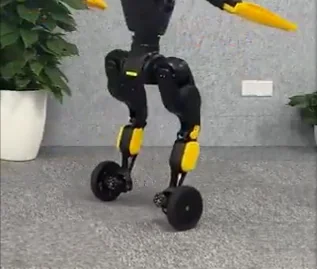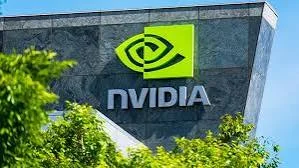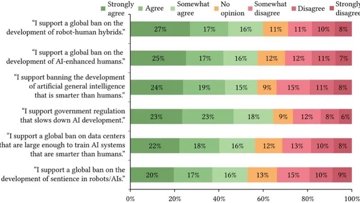In a move that surprises approximately no one who’s been watching the autonomous vehicle space, European mobility super-app Free Now announced at Web Summit 2025 its partnership with Chinese tech giant Baidu. The goal: unleash a fleet of Baidu’s Apollo Go robotaxis onto European streets, with the first wave of driverless rides expected in 2026. This collaboration signals a major push for Level 4 autonomous ride-hailing in a market that’s been more cautious than its US and Chinese counterparts.
Baidu’s Apollo Go is a seasoned player, already operating in major Chinese cities like Beijing, Shanghai, and Guangzhou, and looking to expand its global footprint. By integrating with Free Now’s vast network, which covers over 150 European cities, Baidu gets a fast pass into a complex market. The plan also neatly complements the aggressive electrification targets in key cities like London and Hamburg, where new taxis are already required to be zero-emission capable.
Why is this important?
This partnership is less about the novelty of a car with no driver and more about the geopolitics of technology. It represents the first large-scale deployment of Chinese robotaxi technology in Europe, potentially leapfrogging US competitors who are often tangled in domestic regulatory webs. For European commuters, it promises a glimpse into a hybrid mobility future where human drivers and autonomous systems share the road, and an app. For the industry, it’s a clear signal that the race for autonomous dominance is going global, and the finish line is nowhere in sight.













